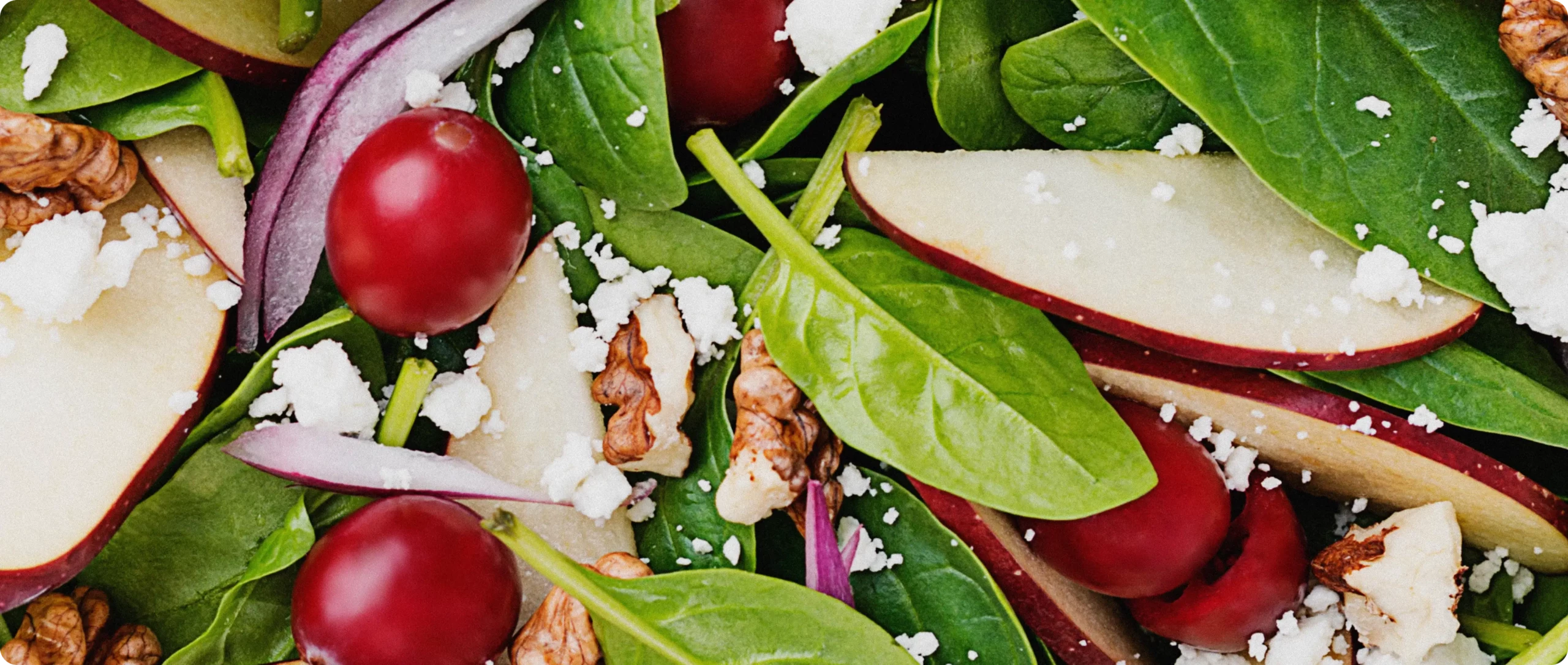NEWS
How to manage your wellbeing for life

Wellbeing for life is something we all aim to achieve from childhood through to old age. Fiona Bugler editorial director at i-wellbeing.com shares six ways to support yours and your family’s wellbeing.
1. Drink water for wellbeing
At all stages of life hydration is essential; we need fluid for many bodily functions including regulating body temperate and moving waste products and nutrients through the body. Dehydration has been shown to be the cause of tiredness and fatigue in one in 10 GP consultations according to one study (*1). The NHS recommend drinking six to eight glasses of water a day, download a hydration app (*2) to ensure you and your family to stick to this.
2. Eat good food
Over-processed, cheap food has led to malnutrition, or poor nutrition which manifest as undernutrition – not getting enough nutrients; or overnutrition – getting more nutrients than needed. For a simple to follow no-nonsense approach, check out the NHS Eat Well Guide (*3). Remember, it’s not just your physical wellbeing that’s affected by your diet, mental health is affected too. In a BMJ article from June 2020 on Mood and Food (*4), researchers found that there’s a close link to what we eat and how we feel.
3. Get some sleep to improve wellbeing
Sleep is your best asset (*5) – and a key metric in your wellbeing ecosystem. Lack of sleep can lead to overeating (*6) and affect our mental health (*7). Research found that when the clocks go back, losing one hour of sleep leads to a 25% increase in heart attacks (*8). Experts recommend designing a healthy sleep environment. To do this sleep in a cool room, with black out curtains. Ditch the digital: unplug phones and laptops and choose analogue routines such as reading a book. If stress keeps you awake you can try sleeping under a gravity/weighted blanket (*9).
4. Find your purpose
Simon Sinek has become famous for encouraging us to find our ‘why’ (*10) – or our life purpose to support our wellbeing. Dan Buettner, author of The Blue Zones of Happiness: Lessons from the World’s Happiest People (*11) a long term study of the world’s longest living and happiest cultures suggests we conduct an internal inventory (*12), to discover our purpose. Those living in the ‘blue zones’ (*13) Buettner discovered choose meaningful work and live life with purpose.
5. Connect with others to boost wellbeing for life
Build your social life and nurture friendships and family connections. Buettner and his team observed elders in Okinawa, and identified a key determinant for longevity was Moai, social support groups that start in childhood and extend into the 100s. Other research on longevity (*14) supports Buettner’s findings; social connections matter and can improve wellbeing in older people, according to Age UK. (*15)
6. Move and enjoy the great outdoors
Whatever age, or stage of life you’re at, movement, getting outside and play will always improve your wellbeing (*16) and boost mental health. In the ‘blue zones’, Dan Buttener discovered that the happiest people didn’t rely on their car, lived close enough to work to walk and were active but not necessarily hardcore athletes, choosing long walks over extreme endurance sport. (*17)
Fiona is the editorial director at i-wellbeing, a wellbeing publisher and consultancy working with businesses who are proactive about wellbeing. She’s had a life-long passion for health, fitness and wellbeing and has combined writing about wellbeing with coaching and endurance sport.
Sources:
-
https://www.edensprings.co.uk/blog/gps-rule-dehydration-cause-tiredness
-
https://www.healthline.com/health/hydration-top-iphone-android-apps-drinking-water
-
https://www.nhs.uk/live-well/eat-well/the-eatwell-guide/
-
https://www.bmj.com/content/369/bmj.m2382
-
https://www.i-wellbeing.com/health/best-asset-sleep/
-
https://www.sleepfoundation.org/physical-health/sleep-and-overeating
-
https://www.mind.org.uk/information-support/types-of-mental-health-problems/sleep-problems/about-sleep-and-mental-health/
-
https://uk.reuters.com/article/us-heart-daylightsaving/daylight-saving-time-linked-to-heart-attacks-study-idUSBREA2S0D420140329
-
https://gravityblankets.co.uk/
-
https://simonsinek.com/find-your-why/
-
https://www.bluezones.com/blue-zones-of-happiness/
-
https://www.bluezones.com/2011/08/the-right-outlook-how-finding-your-purpose-can-improve-your-life/
-
https://www.bluezones.com/
-
https://academic.oup.com/aje/article-abstract/109/2/186/74197
-
https://www.ageuk.org.uk/information-advice/health-wellbeing/mind-body/staying-sharp/looking-after-your-thinking-skills/social-connections-and-the-brain/
-
https://www.ncbi.nlm.nih.gov/pmc/articles/PMC3710158/
-
https://www.bluezones.com/2018/01/what-exercise-best-happy-healthy-life/





